How To Become a Bartender in NYC: Key Facts
- Becoming a Bartender in NYC requires meeting state-specific legal requirements. While a bartending license isn’t mandatory, completing an ATAP-certified course improves employability.
- You can start bartending at age 18 in New York. However, many venues prefer hiring candidates aged 21 or older, especially in upscale or high-volume settings.
- Top NYC bartending schools offer job placement support. Programs like ABC Bartending School, American Bartenders School and New York Bartending School provide hands-on training and certification.
Is becoming a Bartender in NYC different than becoming a Bartender in any other U.S. city? The short answer is yes. In this article, we will cover all the important topics if you want to become a Bartender in New York City.
Requirements To Become a Bartender in NYC & How To Meet Them
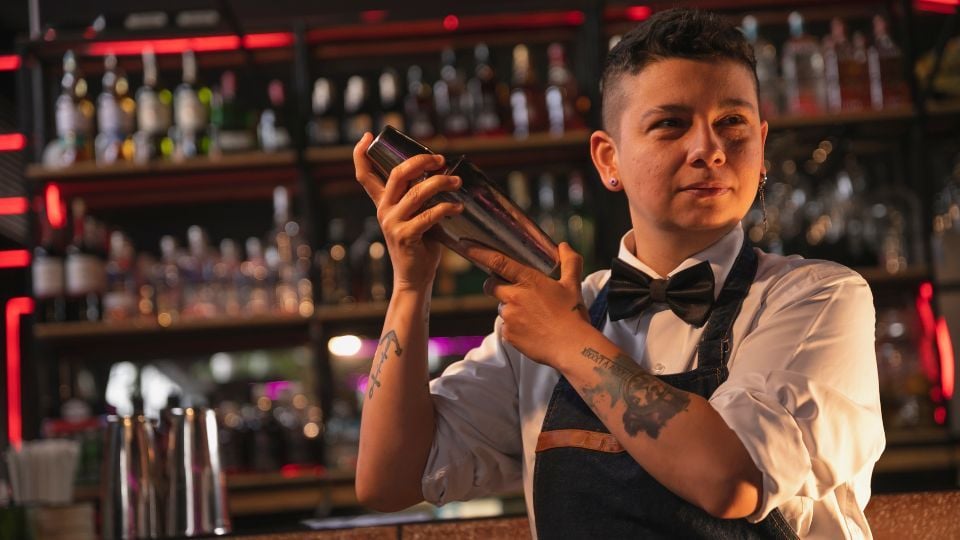
If you're starting your career as a Bartender in NYC, you first have to be aware of all the basic requirements for the role. This includes:
Age requirements
While the national drinking age is set at 21, the laws for serving alcoholic beverages vary on a state level. In New York, you can work as a Bartender once you're 18.
It's important to note that while the minimum age to serve alcohol in New York is 18, individual establishments may have their own age requirements, often preferring to hire those 21 and over.
Additionally, having a felony conviction may disqualify you from bartending unless you possess a Certificate of Relief from Disabilities.
Legal requirements and certifications
In New York City, the legal age to serve alcoholic beverages is 18, allowing individuals to begin bartending before reaching the national drinking age of 21. While New York State does not mandate a specific bartending license, obtaining certification through the Alcohol Training Awareness Program (ATAP) is highly recommended.
Completing an ATAP-certified course demonstrates a commitment to responsible alcohol service and can enhance employment prospects, as many establishments prefer or require this certification.
Some bartending schools in the city offer courses that include classroom training, teaching you important skills (mixing drinks and manipulating bar tools) and educating you on responsible alcohol service.
Others focus only on the third point and typically take place online. Enroll in a state-approved school and you will receive your ATAP certification regardless of the course type.

You can also earn your ATAP certification by becoming a TIPS-certified Bartender. TIPS is accepted nationwide and offers online courses for all U.S. states, including New York. The New York TIPS On Premise course is ATAP-compliant and approved by the New York State Liquor Authority.
While not mandatory, obtaining a bartending certification can enhance your employability. The cost of earning your certification in New York varies depending on the school and course type, ranging from as low as $9 for online courses to $1,700 for comprehensive in-person training.
For instance, the New York EduClasses Alcohol Training offers courses at $9, while the European Bartender School charges around $1,700 for their programs.
Education and Training
In New York, it's not mandatory to receive any type of formal education before getting hired. However, enrolling in a bartending school and having a high school diploma can help be helpful when pursuing a career as a Bartender.
Bartending school
You can opt for some of the top schools in NYC and learn key bartending skills establishments look for. This includes learning drink recipes, understanding bartending lingo, handling bar equipment and interacting with customers. Training in a bartending school can last from a few days to a few weeks.
High school diploma
There is no strict rule when it comes to formal education and Bartender roles. A high school diploma can help you land a job. It will testify to your basic math knowledge, which is necessary for the role.
Top Bartending Schools in NYC
Enrolling in a reputable bartending school can provide you with the essential skills and knowledge to excel in the competitive NYC bar scene. Here are some top bartending schools in New York City:
ABC Bartending School
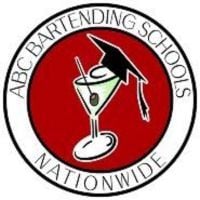
- Location: 43 West 46th Street, 6th Floor, New York, NY 10036
- Overview: Established in 1977, ABC Bartending School offers comprehensive courses covering drink preparation, customer service, and responsible alcohol service. Graduates receive a certificate upon completion and access to job placement assistance.
American Bartenders School
- Location: 252 W 29th St, 5th Floor, New York, NY 10001
- Overview: Operating since 1969, this school provides hands-on training in a simulated bar environment. The curriculum includes mixology techniques, liquor knowledge, and customer interaction skills. Students benefit from flexible schedules and lifetime job placement assistance.
New York Bartending School
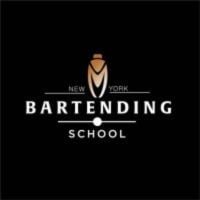
- Location: 68 West 39th Street, New York, NY 10018
- Overview: Located near Grand Central Station, this school offers a 40-hour certification program focusing on practical bartending skills, cocktail recipes, and responsible service. Graduates receive job placement support and access to refresher courses.
Gain Experience To Be a Bartender in NYC
While formal education provides a solid foundation, hands-on experience is invaluable in the bartending profession.
Starting as a Barback or Server allows aspiring Bartenders to learn the dynamics of bar operations, drink preparation and customer service in a real-world setting.
This approach not only builds practical skills but also enhances your resume, making you a more competitive candidate when applying for bartending positions.
This video guide breaks down how to get started as a Bartender, even if you have no prior experience.
Job Opportunities as a Bartender in NYC
Completing a bartending program opens up various employment opportunities in NYC's vibrant hospitality industry. Potential positions include:
- Bar or Pub Bartender: Responsible for mixing drinks, engaging with customers and managing bar inventory.
- Fine Dining Restaurant Bartender: Crafting sophisticated cocktails and providing exceptional customer service in upscale environments.
- Nightclub Bartender: Serving high volumes of patrons in fast-paced nightlife venues.
Top Skills & Qualities to Succeed as a Bartender in NYC
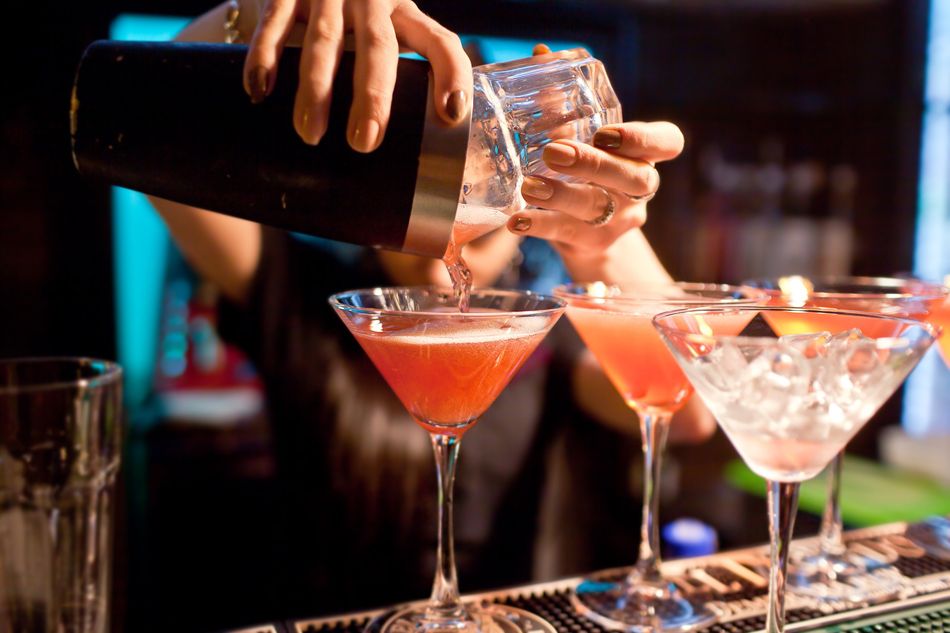
Bars, restaurants, hotels & other establishments prefer to hire people with previous knowledge of working behind a bar. It is harder for them to train you on the go. So, the key bartending skills they look for are:
- Multitasking Ability: Bartenders often juggle multiple tasks simultaneously, such as taking orders, preparing drinks, handling payments, and engaging with customers. Developing strong multitasking skills ensures efficient service and a positive customer experience. DineWithDrinks
- Upselling Techniques: Proficiency in upselling involves suggesting premium drink options or additional items to customers, thereby increasing sales and enhancing the overall guest experience. Effective upselling requires product knowledge and subtle, persuasive communication skills.
In addition, it's also great to know how to:
- Mix drinks
- Provide excellent customer service
- Be flexible
- Be a team player
- Handle cash
- Handle difficult alcohol-related situations
To develop core skills, consider enrolling in a bartending program that includes classroom and hands-on training. You'll learn about liquor, cocktail ingredients and bar tools and how to entertain guests.
Most classes also teach responsible alcohol service including how to handle intoxicated customers and de-escalate tense situations. You may also cover money handling and teamwork — skills that improve with on-the-job experience.
Over time you’ll move from following standard recipes to creating your own with multitasking and customer service becoming second nature.
Tips for Landing a Bartending Job in NYC
Now that we have covered all the key skills you need to hone, let's talk about the next steps of becoming a Bartender. Learning about mixology and other working behind the bars will help you meet the requirements for available positions in the city, but you have to present yourself effectively to potential employers.
To do this, you'll need two things:
- Resume: Every job candidate needs a resume. That being said, make a good Bartending resume and add key resume skills for Bartenders you possess.
- Cover letter: Having a compelling cover letter will help potential employers learn more about you and how you fit their teams. To write a good cover letter for the role of a Bartender summarize your previous bartending experience, highlight relevant skills and express enthusiasm about getting hired.
Once your application materials are ready, you can start looking for your first job in the role and kick off your bartending career.
Navigating the Bartender Job Market in NYC
The bartending job market in New York City is dynamic, competitive and influenced by several factors, including location, trends and the overall demand for skilled bartenders.
Understanding where the opportunities are and what the market demands can help you secure a job more effectively.
- High-demand areas: Neighborhoods like the Lower East Side, East Village and Williamsburg are nightlife hotspots with steady job openings. Tourist zones like Times Square and SoHo offer volume-heavy roles, while upscale areas like Tribeca or the Meatpacking District often seek Bartenders with craft cocktail or luxury service experience.
- Industry trends: NYC bars increasingly favor Bartenders skilled in mixology and eco-conscious service. Knowledge of sustainable practices and unique ingredients can open doors in trend-forward venues.
- Competitive landscape: NYC’s bartending market is tough. Strong networks, experience in popular or upscale bars and staying current on trends like mixology and bar management help boost your chances. Attending local events and workshops can also improve your visibility.
Working as a Bartender in NYC: Expectations vs. Reality
Bartending in NYC, while rewarding, comes with challenges that aspiring Bartenders should be aware of. This video gives a real-world look at what to expect behind the bar.
The high-energy nature of the job, long hours and occasional difficult situations can test your resilience, patience and interpersonal skills.
- Long hours and late nights: NYC bars often operate into the early morning, especially in nightlife hotspots. While peak hours can bring high tips, the shifts demand stamina and steady focus.
- Customer interactions: Bartending is social but not always easy. You’ll deal with intoxicated guests, occasional conflicts and demanding patrons— strong communication and conflict resolution skills are a must.
- Physical demands: Expect long hours on your feet, lifting heavy supplies and managing multiple drink orders quickly. It’s physically and mentally taxing, especially during rushes.
- Emotional resilience: The job can be stressful. Staying calm, positive and in control under pressure—no matter what’s happening around you—is part of the role.
Final Steps to Finding a Bartender Job in NYC
To help set you up for success, we've also listed some of the best-paying bartending positions in NYC. Although the more lucrative options might be tempting, we suggest you start with entry-level roles if you don't have any previous bartending experience.
While looking for jobs you can also check the NYC bartender salary information and see if they align what you have envisioned to earn.
To help you prepare for the interview, have a friend or family member prepare a mockup interview.
And to help you excel you don't have to search the web for questions, you can simply give them the questions on our Bartender Interview Questions page. It goes without saying that we also prepare killer answers that will help you stand out from other job applicants.
With all these tips and tricks, you should land your next Bartender role in no time.
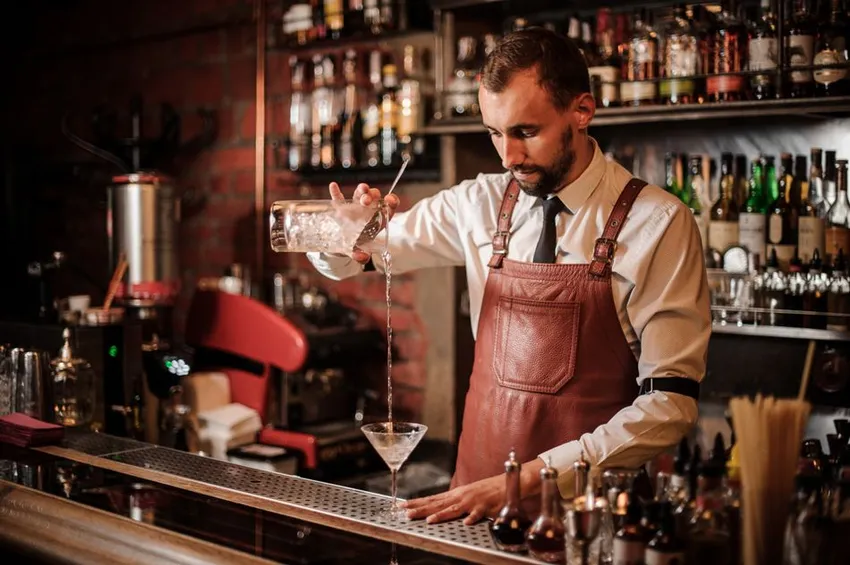








Loading comments...